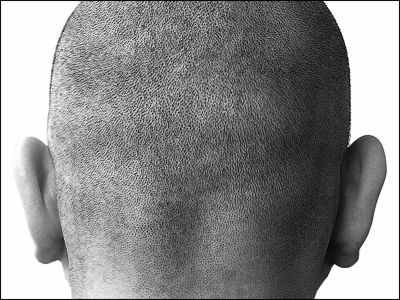Why do humans have '○○ phobia'?

Many people have '
Why do people have phobias? | Live Science
https://www.livescience.com/why-people-have-phobias
In distinguishing between 'fear' and 'phobia' of something, we need to focus on whether the fear is a rational or irrational response to something dangerous or unpredictable. ``A phobia is a fear of a particular situation or object that is disproportionate to objective reality and interferes with a person's life,'' said Ron Rapee, a professor of psychology at Macquarie University in Australia. They exhibit essentially the same traits, differing only in what they fear.'
Common features of phobias include ``avoiding the object'', ``anxiety and negative thoughts'', ``increased heart rate/breathing'', and ``dilated pupils''. These can also appear when you encounter something truly frightening, but they may be labeled as 'phobias' when the reaction is excessive or irrational.
However, some phobias are not only irrational, they are also somewhat rational. For example, aquaphobia, which is a dislike of baths and pools, can help avoid drowning, and acrophobia is also effective in avoiding falls. “Phobias are most often found in relation to realistic and evolutionarily rational objects and situations,” Rapee said. Although rarely seen as such, phobias of storms, snakes, spiders, or anything else that could have killed ancient people are common.'

Although phobias make some evolutionary sense, it is still unclear why simple fears and attentions develop into phobias in some people. 'The popular theory is that phobias are 'learned' at a critical developmental stage, usually early in life (most phobias first appear in childhood,' Rapee said. 'This learning may come from a negative experience, such as being bitten by a dog, but this is probably the exception, as many people with phobias are unable to report specific traumatic experiences.' said.
Psychoanalysis, founded by
However, some psychologists have proposed the theory that all phobias are not ``learned'', but are innately afraid of specific objects. Chris Askew, a psychologist at the University of Surrey in England, said: 'The proponents of this theory argue that we are genetically predisposed to fear certain things and that negative learning experiences are not necessary. I will.”
In addition, there is a theory that ``people who are easily afraid of something and are emotional are more likely to develop phobias,'' and a theory that ``heredity and family environment influence phobias.'' has many explanations.

Keeping in mind that there are various theories, Live Science also wrote about the question, 'How can I overcome my phobia?' In general, many people with phobias try to avoid the target as much as possible, and as a result, the fear of the target is maintained, and the phobia often continues for a long time.
But Rapee says, 'To overcome a phobia, you have to face it.' It is necessary to face repeatedly, ”he said, daring to touch the object of fear is the way to overcome it.
Appropriate and consistent exposure therapy helps patients to understand that what they fear about the phobic subject does not actually happen, leading to the elimination of the phobia.
Related Posts:
in Science, Posted by log1h_ik







